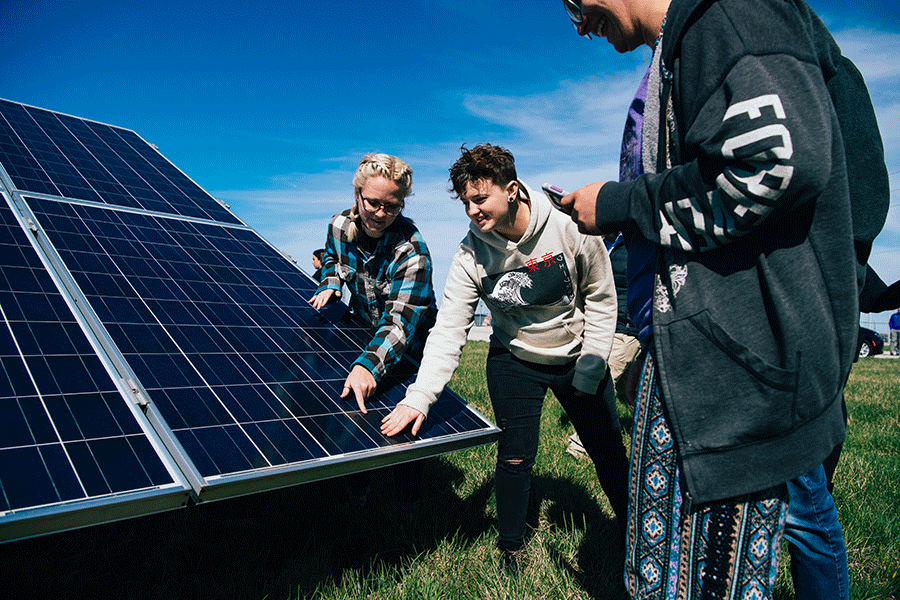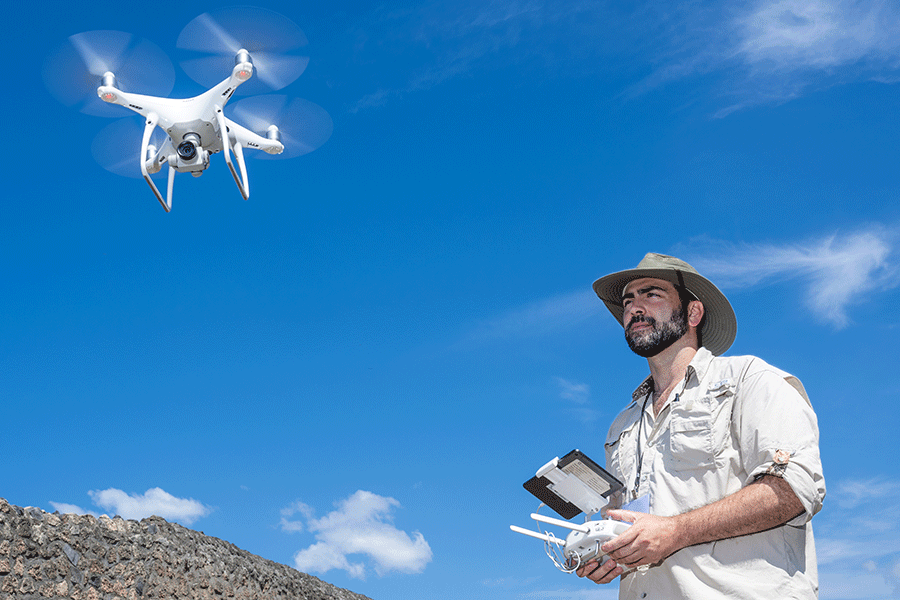Why Earn a Bachelor’s Degree in Sustainability and Environmental Studies at Indiana State?
The Sustainability and Environmental Studies (BA, BS) program at Indiana State University focuses on the core principles of sustainability, including people, the planet, and profit. The degree prepares you to develop unique solutions to the sustainability challenges of today and the future across a variety of scales, including local, regional, and global issues.
Study the Globe and Sustainability Practices
As a sustainability and environmental studies major, you will study sustainable practices, including how to protect ecosystems, preserve natural resources, and improve the quality of life for future generations. Through coursework, labs, internships, alumni networking, and field trips, you will prepare for a career in environmental consulting, economic development, global studies, data management, land use planning, or environmental protection.
Our sustainability and environmental studies program emphasizes humans and the world environment, environmental control systems, and sustainability challenges. You can personalize your elective courses to cover a broad range of topics or be more specific to your chosen discipline.
Learn from Our Excellent Faculty
Our professors bring industry and scholarly experience in environmental research and sustainability topics to every class and lab they teach. Faculty educate students in traditional geography disciplines and other research areas, including climatology, dendrochronology (trees), environmental modeling, oceanography, physical geography, and remote sensing.
Students in the sustainability and environmental studies program may have a chance to participate in faculty-led research projects, fieldwork, and field trips, including study-abroad trips. And our small class sizes mean that professors can provide personalized feedback and one-on-one mentorship.
Receive Expert Assistance in Our Labs
Learn more about sustainability, environmental studies, and related topics while conducting research in seven laboratories inside the Department of Earth and Environmental Systems, including:
- Atmosphere and Ocean Systems Laboratory
- Biogeochemistry Laboratory
- Geospatial and Virtual Archaeology Laboratory and Studio
- Dendrochronology Laboratory
- Paleoecology and Micro-Archaeobotany Laboratory
- Paleolimnology Laboratory
- Visualization Classroom
What You'll Learn in the Sustainability and Environmental Studies Program
The BA and BS in sustainability and environmental studies provide a solid foundation in the core principles of sustainability, including environmental control systems, humans and the world environment, environmental sciences, world cultures and environments, physical geography, earth science, sustainability literature, global climate change, oceanography, and related topics.
The program is enhanced with class projects, hands-on learning, community service activities, and field trips. You can complete our sustainability and environmental studies bachelor’s degree programs in four years of full-time study.
Internship opportunities are available, including work as an environmental scientist, GIS specialist, or environmental manager in public and private organizations or agencies. The internship requires a written report and an evaluation by the employer.
Your program will conclude with a project-based course on conservation and sustainability. You will conduct research on human-related environmental issues and present your project at campus levels or at local, regional, and national conferences.
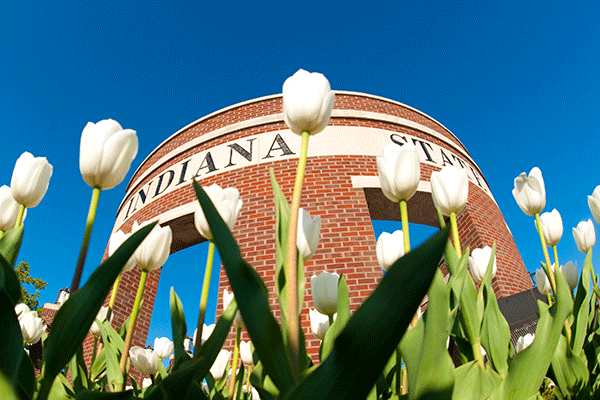
Transfer Credit
Indiana State University accepts credit from regionally accredited colleges and universities within the United States, and from selected schools located outside the United States. Credit also may be granted for military training and experience. Previously earned college credit can be applied toward completion of the program per Indiana State's transfer guidelines.
Transfer GuidelinesCareer Possibilities for Sustainability and Environmental Majors
Employers hire sustainability specialists to study the earth and its lands, features, and people. Our graduates are employed by federal agencies, departments of natural resources, environmental management firms, consulting firms, industrial and commercial companies, research labs, waste management firms, museums, public administration firms, and private environmental engineering firms. Many of our students also pursue graduate study following graduation.
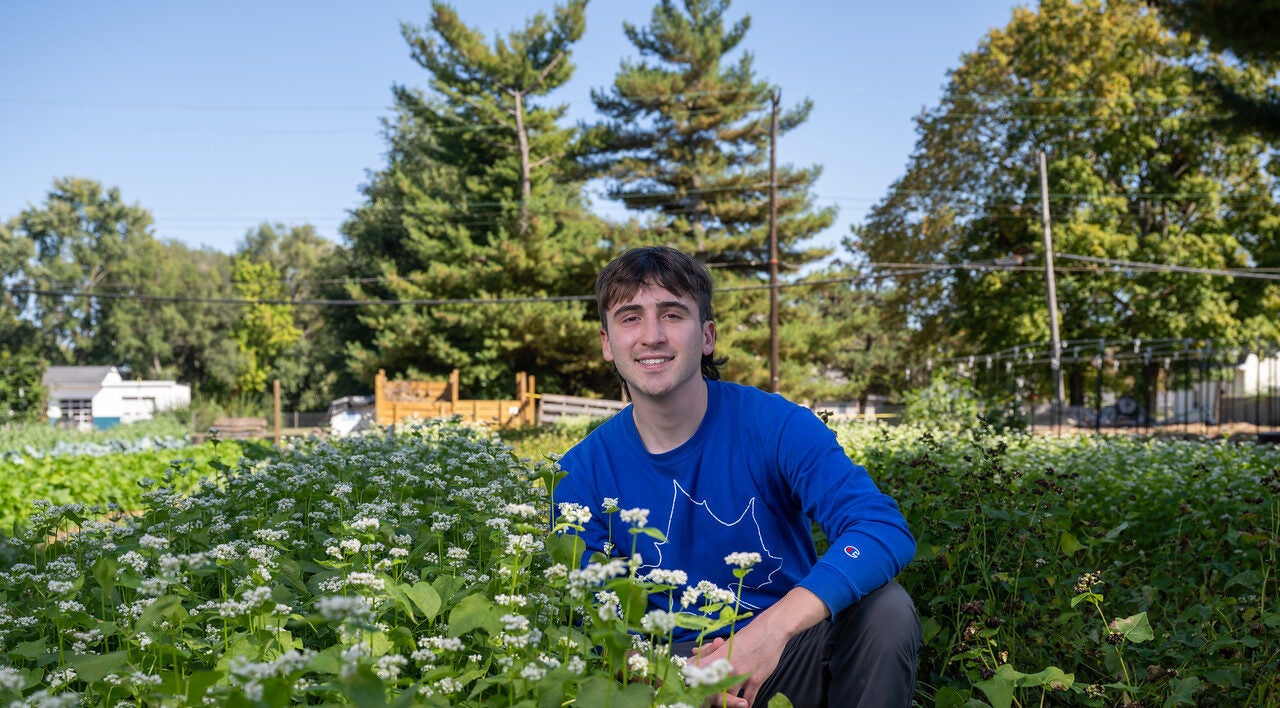
Educating Others on the Climate
“I learned a great deal about climate education, climate communication, and how to engage different demographics on the topics of climate change and environmental justice… I had never given much thought to a career in education, but over the course of my internship, I found myself increasingly excited to use education to further social and environmental progress.”
Daniel Garcia, ’24, completed an ecology internship in the Education Department at the Missouri Botanical Garden. While there, he educated high school students on sustainability engagement and environmental issues. Supported by his professors at Indiana State, Garcia realized he could make a difference in sustainability education.
Read more about Garcia's story.Related Programs
-
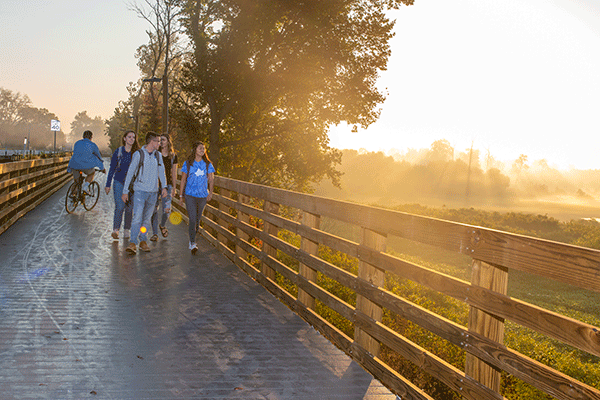
Environmental Geoscience (BS)
Bachelor's
-
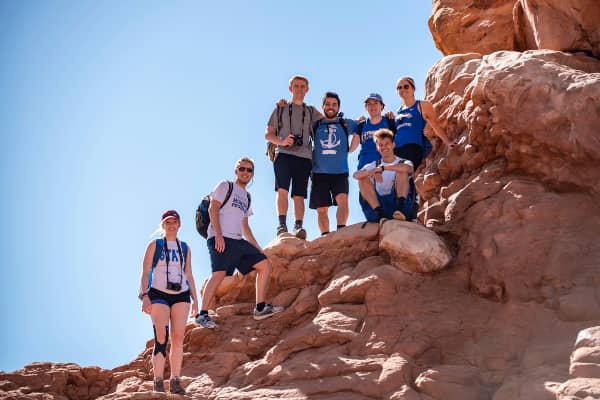
Geology (BS)
Bachelor's
